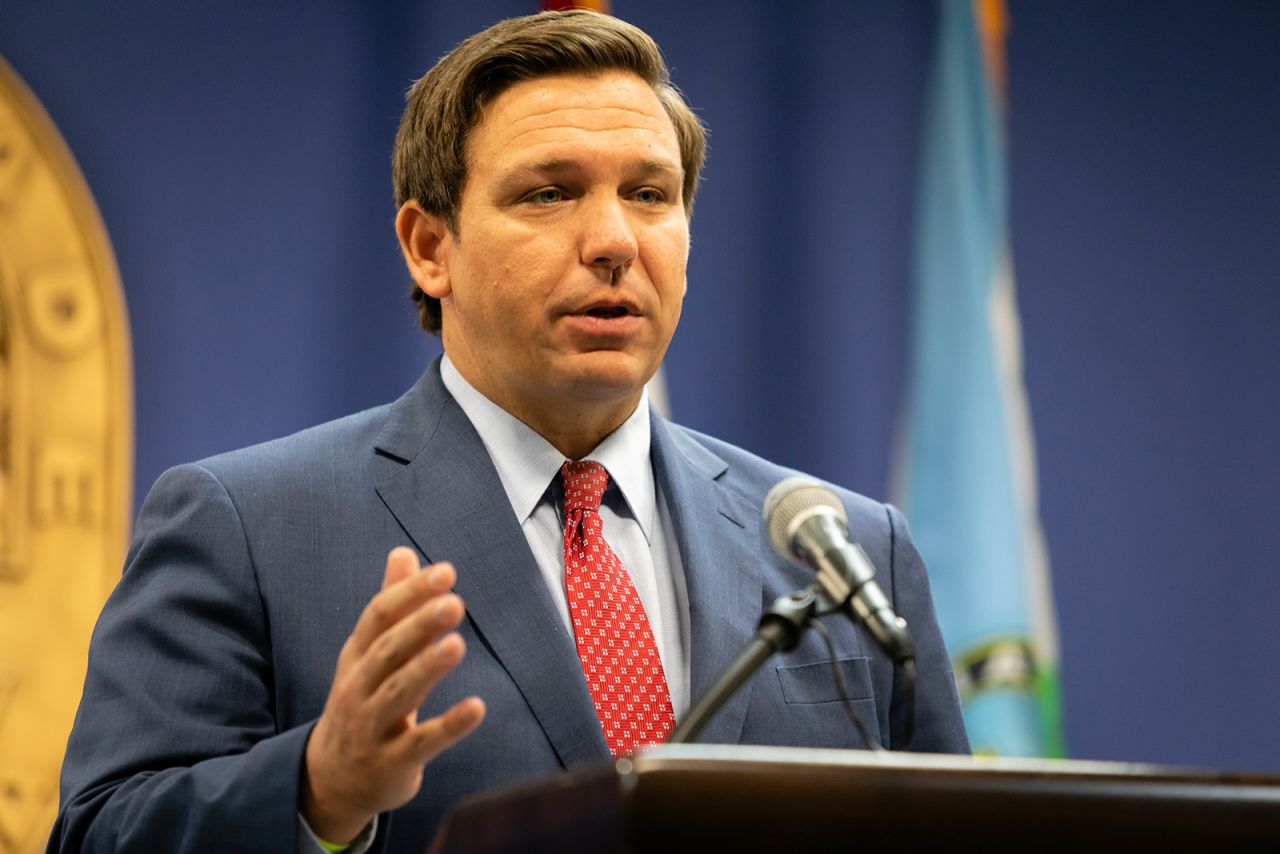Concentration Camps Are Back in America
A new facility dubbed "Alligator Alcatraz" has opened in Florida"s Everglades, raising deep concerns about the resurgence of concentration camps in the United States. During a recent tour, President Trump and high-ranking officials, including Secretary of Homeland Security Kristi Noem and Florida Governor Ron DeSantis, showcased this facility, complete with chain-link cages intended for human beings. The projected capacity of 5,000 beds far exceeds average detention centers, fitting a disturbing pattern of mass civilian detention that seems to echo historical injustices.
Historical Context of Concentration Camps
The term "concentration camp" often conjures images of dark historical precedents, yet the current reality is just as alarming. As reported by Berkeley News, the U.S. has a troubling history of using camps to detain marginalized populations, from Japanese Americans during World War II to the internment of Indigenous peoples. The Everglades facility is a reminder that the U.S. government remains capable of unjust detention based on race and ethnicity.

Homeland Security Secretary Kristi Noem’s bag, including $3,000 in cash ...
Legal and Ethical Implications
Trump"s administration is not merely replicating the past; it is expanding upon it. With the establishment of this camp, there are serious ethical implications regarding the treatment of detainees, many of whom are fleeing violence and poverty in their home countries. The facility"s designation as a "temporary" camp belies the reality that such locations are often permanent solutions to political problems. The rapid-fire judicial hearings proposed by this administration, facilitated by National Guard members acting as immigration judges, further strip due process from these individuals. As noted by the U.S. National Archives, concentration camps function independently of judicial review, making this setup especially concerning.
Political Motivations Behind Cruelty
The political motivations behind the creation of Alligator Alcatraz are clear. As Noem herself stated, the facility is designed to frighten immigrants into self-deporting. This tactic mirrors historical precedents set by authoritarian regimes, where the goal was to strip away legal protections for targeted groups in order to facilitate their removal. The use of fear-mongering as a policy tool threatens not only the rights of immigrants but the very fabric of American democracy. The efforts to redefine citizenship and legal protections are alarming, especially as the administration seeks to strip legal status from vulnerable populations, such as Haitian immigrants who have been in the U.S. since before Trump"s return to power.

June 26, 2020 coronavirus news | CNN
National and Global Consequences
The implications of expanding this concentration camp network reach far beyond Florida. The budget reconciliation bill currently under consideration may result in the largest investment in Immigration and Customs Enforcement in U.S. history, transforming ICE into a powerful tool of state overreach. As reported by The New York Times, this could facilitate the establishment of a global network of camps, raising serious human rights concerns.
Additionally, there are grassroots movements opposing the establishment of Alligator Alcatraz. The Seminole Tribe of Florida has already voiced its concerns, framing the camp as a threat to sacred lands. Activists across the country are mobilizing against the increasing militarization of immigration enforcement, as seen in recent protests that coincided with the Fourth of July celebrations. Communities in Los Angeles canceled celebrations in response to ICE raids, showing a growing awareness and resistance to the oppressive tactics of the current administration.
The existence of Alligator Alcatraz serves as a stark reminder that the U.S. is not only repeating its past mistakes but also building upon them, risking a future where the state can detain individuals en masse with little to no oversight. As activists continue to raise their voices, it is crucial to recognize that the fight for justice and accountability has never been more urgent.

![[Video] Anti-ICE Protester Pepper Sprayed as CBP Agents Disperse Crowd in Minneapolis](/_next/image?url=%2Fapi%2Fimage%2Fthumbnails%2Fthumbnail-1768260677127-y71sb7-thumbnail.jpg&w=3840&q=75)

![[Video] Several injured as U-Haul truck drives through Iranian protestors in Los Angeles](/_next/image?url=%2Fapi%2Fimage%2Fthumbnails%2Fthumbnail-1768176682028-q95y6j-thumbnail.jpg&w=3840&q=75)
![[Video] Scuffle breaks out between Trump supporters and Anti-ICE protesters in Times Square](/_next/image?url=%2Fapi%2Fimage%2Fthumbnails%2Fthumbnail-1768165958203-hgcgb-thumbnail.jpg&w=3840&q=75)


![[Video] Gunfire between Iraqi security forces and Sadr militias in Baghdad](/_next/image?url=%2Fapi%2Fimage%2Fthumbnails%2Fthumbnail-1768343508874-4redb-thumbnail.jpg&w=3840&q=75)
